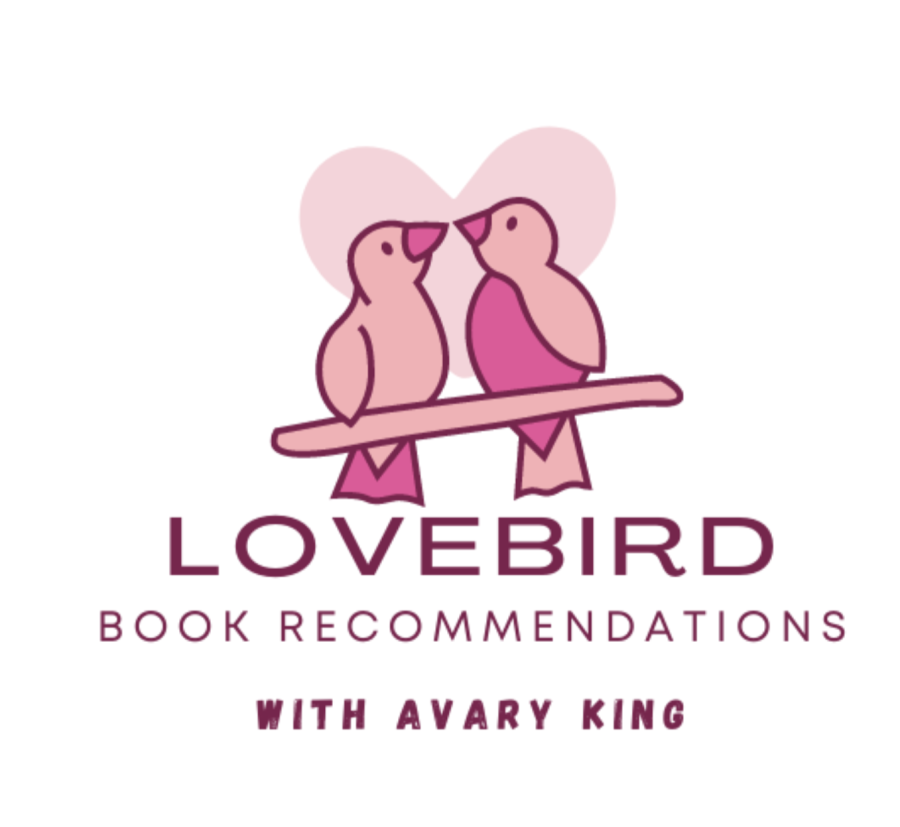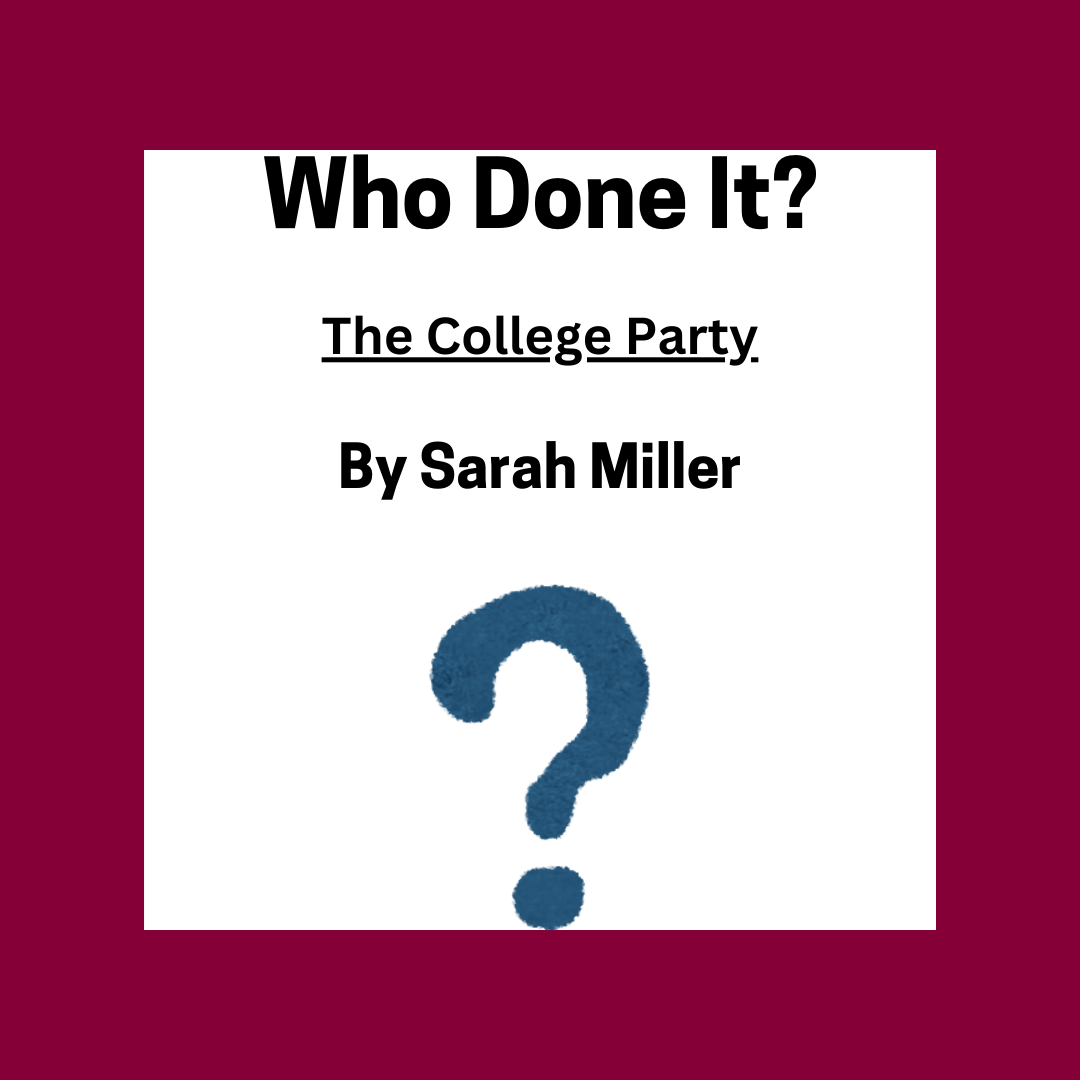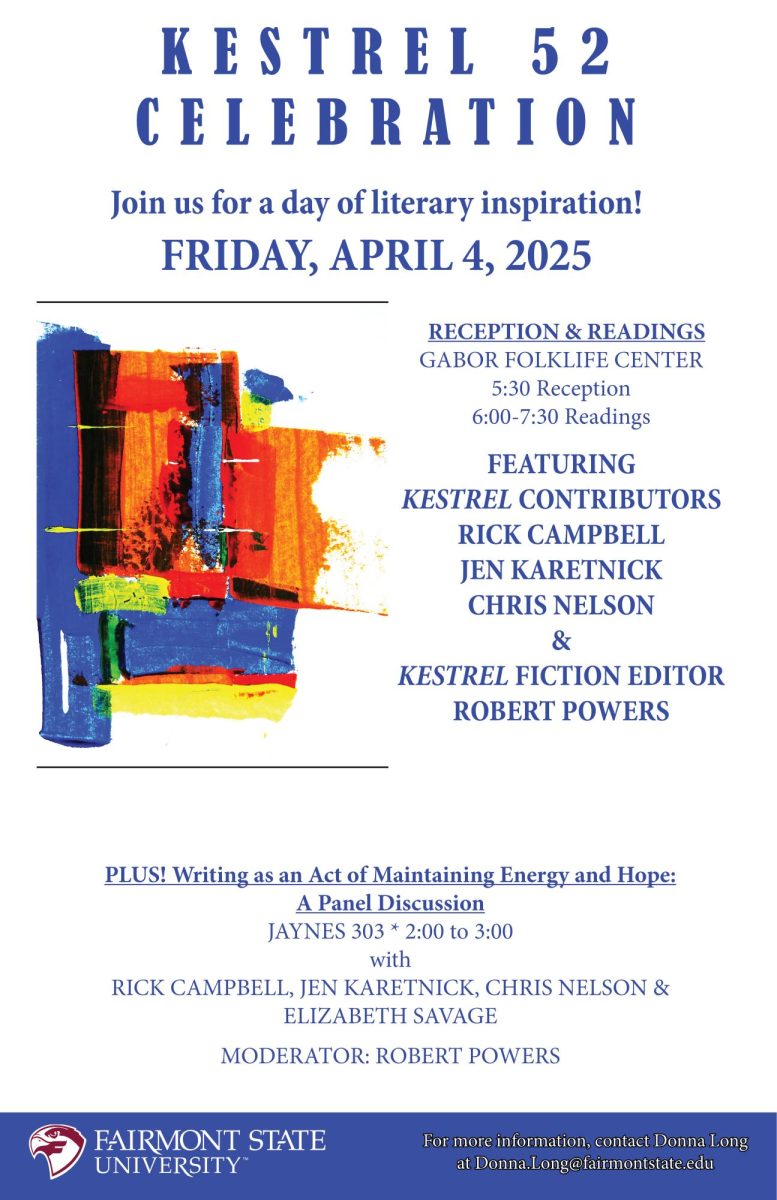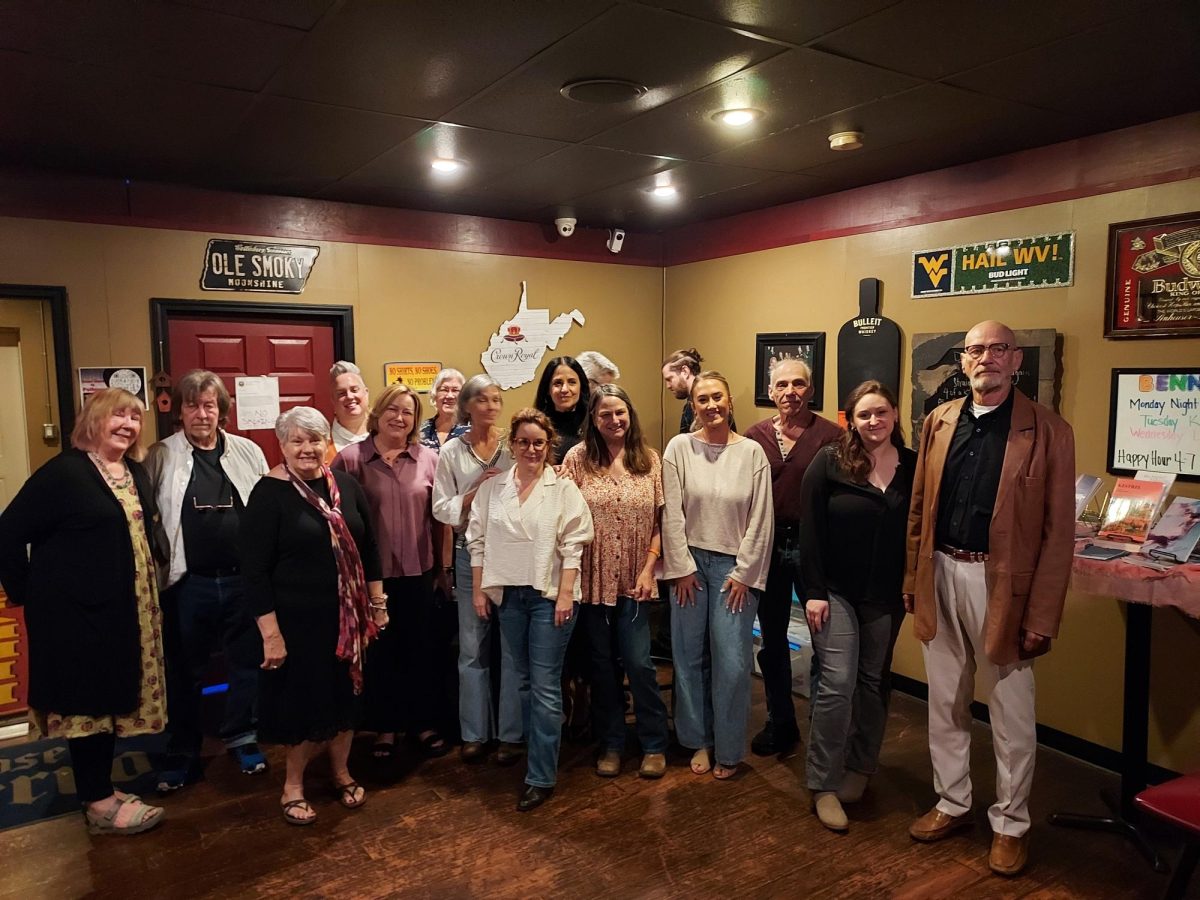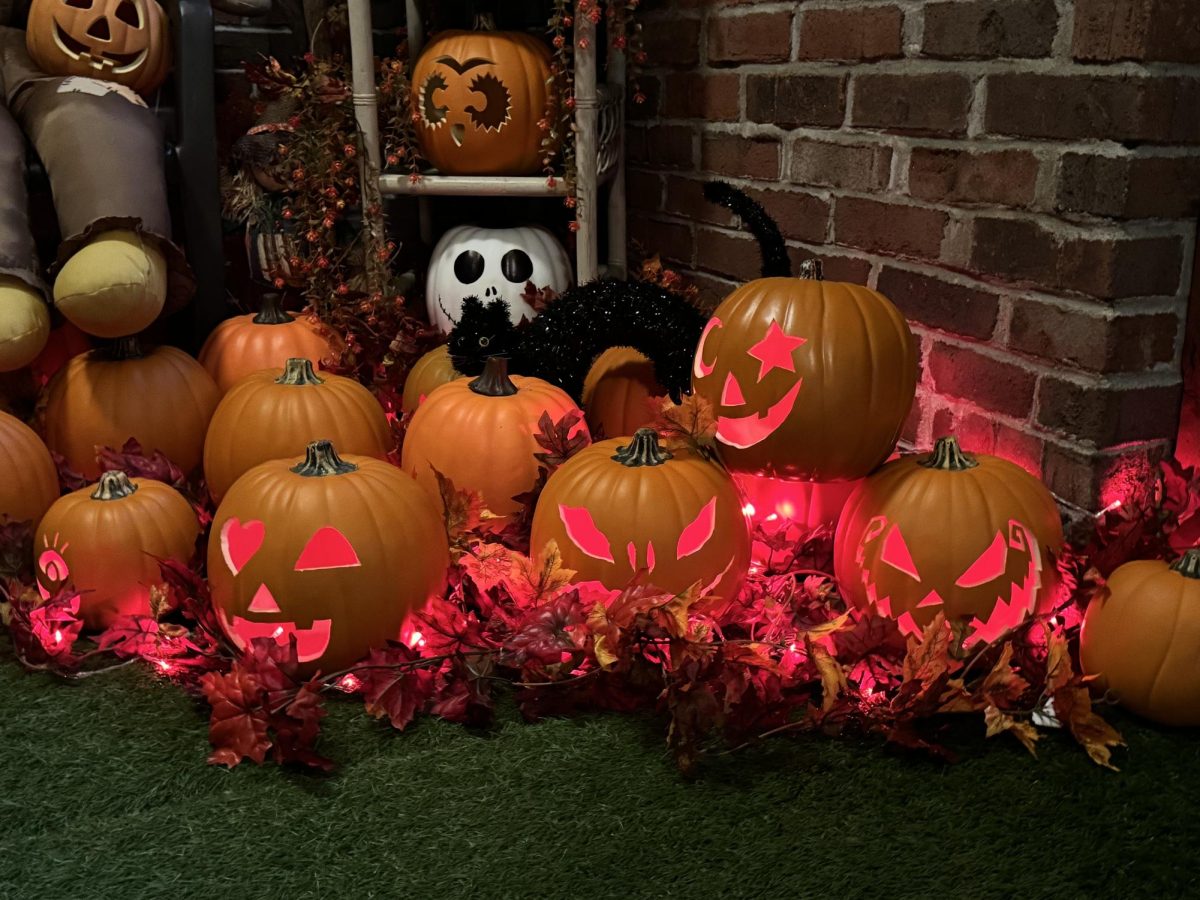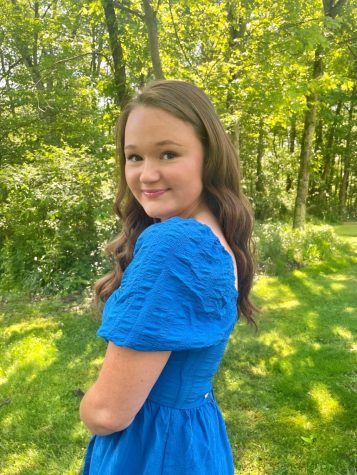Hello readers! Welcome to Lovebird Book Reviews where I, Avary King, review/recommend the latest and greatest of everyone’s favorite genre: romance. This is a spoiler FREE zone!
Hey Lovebirds, let me start by saying that it goes without saying I have been around the block when it comes to romance novels. Ever since I can remember my favorite movies, TV shows, and books were the ones with romance. According to my Goodreads I have read/cataloged roughly 350 romance books in my life (I have probably read more when I was a teenager before I started cataloging them through Goodreads). For this week’s article, I decided to do something a little different than my normal reviews. This is something that I have always felt very passionate about but I never felt like I was saying the right words when trying to explain to other people. A few weeks ago I reviewed a book called “Hello Stranger” by Katherine Center. In the author’s note of that book, she wrote a few pages about the exact thing I had been struggling to define since I started reading romance novels. When I read that office note it felt like I had unlocked the secrets to the universe. I suddenly had the words to describe what I had been trying to say for years. The words in that author’s note unlocked new ideas about the romance genre for me. So I decided to share with you some of these new ideas and feelings about the romance genre that hopefully unlocked something inside of you as well.
*Note* If you feel validated by this topic I urge you to read Katherine Center’s original author’s note because it is phenomenal.
Imagine you decide to go see the newest thriller movie and before you walk in the director of the film is there and tells you “The main character dies at the end of the movie, enjoy!” Would the movie still be worth watching if you already knew the ending? Would that movie be so good, that even though you know how it ends you wouldn’t be disappointed in it? This is how I describe the romance genre to people. Romance is possibly the only genre that everyone always knows how it ends, but still continues to read it. Every time I pick up a new book I don’t know the specifics of the book but the one thing I can count on is a happily ever after. And that is what I want. I want to read about the main characters getting married or finally admitting their love for each other. I know it’s coming, but it doesn’t make it any less enjoyable when I read it. And therein lies a point I have been trying to make for over a decade, with the same point I am trying to make in this article. This is the point I have tried to explain countless times to a staggering number of people. Romance is difficult to write. Love stories are unlike any other kind of story. Have you ever heard of valenced emotional charges? If you have, my next question is are you Albert Einstein? But if you are like me and this concept is new to you allow me to explain. Every story has an emotional engine that drives it. Mysteries run on curiosity. Thrillers run on heart-pounding adrenaline. Horror stories run on fear and shock value. And like any working engine, these emotions need fuel, and the fuel for these stories is anticipation. Readers pick up clues and try to predict what is coming next. They try to find out who the murderer is by the first chapter or they try to guess where the killer will strike next. There are hundreds of different scenarios that stories use to make us feel that anticipation, but most commonly authors use what is called negatively valenced anticipation. That sense of worry you get when the main character feels like someone is following them. That feeling of concern when the police respond to a murder scene. The feeling that things are going to get worse. You are trying to predict and follow the foreshadowing the author has left for you and suddenly you’re saying “I bet the neighbor from down the street did it.” “I’ll bet you a thousand dollars that the husband is cheating on his wife”. Those feelings, the anticipation, are what is known as negatively valenced anticipation. This is spread across all genres and in all kinds of stories, except for one. Can you guess what kind of anticipation romance novels use? If you guessed positively valenced anticipation you would be correct (Center, 2023). Love stories are different. The emotional engine of love stories runs on the blissful sense that we are heading towards something better. Most of the time, the foreshadowing in romance novels gives you something to look forward to instead of something to dread. That moment when the characters share their first kiss and they realize no other kiss can compare. The feeling of when the arranged (fake) marriage starts to feel real. Or my personal favorite, when the enemies finally cross the bridge to become lovers and they never look back. That overall feeling that good things are yet to come is the reason that people love them. As Katherine said,”… the banter, the kissing, the troupes, even the spice… that’s all just extra. Anticipating that you are heading toward a happy ending lets you relax and look forward to better things ahead. And there is a name for what you are feeling when you do that. Hope” (Center, 2023).
This is the quote that made everything click for me. I could never describe to other people the feeling I get when I read romance novels. I would say I felt happiness, joy, magic, fun. But what I was truly feeling was hope. I am tired of the word predictable being used to describe romance novels. People claim they don’t need to read romance novels because they already know how it ends. Because predictable has a very negative connotation. People claim the entire romance genre is cheesy, unrealistic, and stereotypical, as they line up to see movies like “Megladon 2”. The “predictable” nature of romance novels is a gift that romance novels give you. Katherine points out how love stories are misunderstood. People assume that love stories have happy endings because the author couldn’t come up with anything better. They write these happy endings to allow the reader access to the precious gift of having something to look forward to. And whether the haters want to admit it or not, romance is still the best-selling fiction genre. 7 out of 10 of the Amazon Book Bestsellers for 2022 were romance. Romance novels generate millions if not billions of dollars in revenue every year. Yet people still hold the stigma that romance authors aren’t “serious” or “critical” authors. You can probably guess that I severely disagree with this stigma. The romance genre historically tackles many serious issues that people face every day, self-love, depression, grief, domestic violence, loneliness, etc… But not everyone can write this genre so masterfully. There is a certain writing skill that a successful romance author must possess in order to get readers to spend $16.99 on a book where they already know how it ends. Authors must find ways to connect with the reader and give them that feeling of hope I spent a whole page talking about. When I talk so passionately about the romance genre, I think people assume I am discrediting other genres. I have plenty of friends who only read heartfelt books that will make them cry or books that scare them so bad they sleep with the light on. Misery, thrill, and curiosity are important. But so is joy. Those stories deserve to be told. But so do love stories (Center, 2023). Therefore, I am done with the love stories/romance genre being called a “guilty pleasure”. There is nothing to feel guilty about wanting to feel that sense of hope and love. When people ask you what you are reading, don’t shy away from the question, say it’s a love story. Don’t feel embarrassed that there is a shirtless man on the cover of your book. Because love is nothing to be ashamed of. Hope is not a feeling you should be guilty about. This author’s note helped me cross the threshold of the romance genre. From that day forward I told everyone who asked that I was reading a vampire romance. I told people straight up I generally only read books with romance. If I was obsessed with the romance genre before this author’s note, then I am stalker-level enthralled with it now. I’ll leave you with the final words from that author’s note because there is no way I will do it justice.
“… tragedy is a given, but joy is a choice.
Romantic fiction thrived during the pandemic, and there were lots
of theories about why. People thought we were lonely. We needed es-
cape. We wanted some laughs.
All true.
But I think, more than that, it’s because love is a form of hope.
We all sense it deep down, I suspect- past the snark and the tough-
guy exteriors. Love is healing. It’s nourishing. It’s unapologetically optimistic. It’s the thing that leads us back to the light.
So I write stories about how love does that–about people healing
from hard things, and trying to connect, and working like hell to be-
come the best versions of themselves, despite it all. About the genuine
emotional courage it takes to love other people, and about the joy that
courage can offer us. I hope this story made you laugh. And swoon. I
hope it kept you up way too late reading and gave you that blissed-out,
longing-laden, tipsy feeling that all the best love stories create. I hope
it gave you something to think about, and maybe a new perspective. But
what I know for sure is that reading love stories is good for you. That
believing in love is believing in hope. And doing that-choosing in this
cynical world to be a person who does that–really is doing something” (Center, 2023).
Friend me on GoodReads! https://www.goodreads.com/user/show/52528664-avary-king
Works Cited
Center, K. (2023). Author’s Note. In Hello Stranger. essay, Macmillan Publishers.



